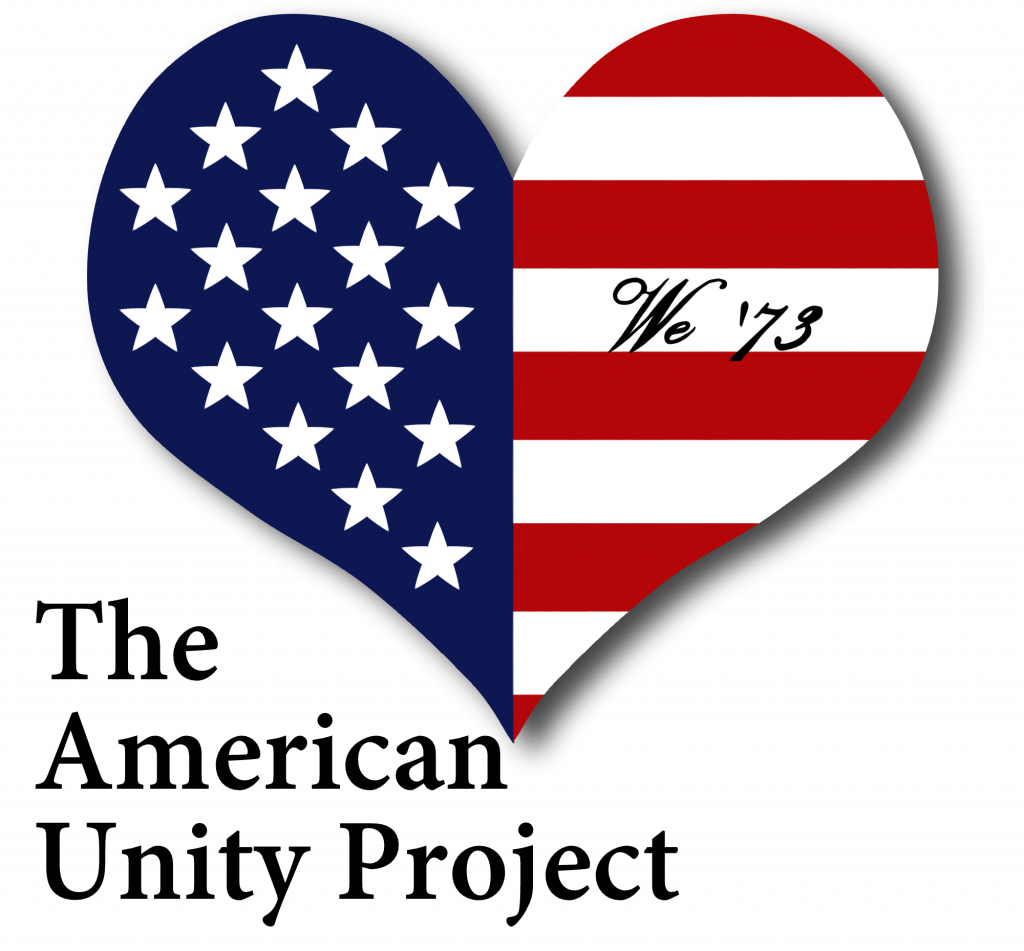The Veteran of the Month is James R. Petitpas from Dorchester, Massachusetts. He joined the Army on February 28th, 1970, at 17 years old, and he got out 3 years later in 1973. James comes from a family of 10 and held a lot of responsibility for his sibling’s well-being. He was 17 and needed to get out of the house because he was becoming a disciplinary problem. He started attending Boson Technical School, but not long after found out school was not for him. The lecture halls and amount of work made him realize he wasn’t a good student. This is what led him to the recruiting office up the road for the school. Since James was only 17, he needed his parent’s signature and he got it from his step-father. When he returned to the recruiting station he made a friend in the office and the two boys signed up together through the buddy system.
For basic training, he was in Fort Dix, New Jersey and after the 60-day advanced infantry training it was late May and he turned 18. This was a big deal for him because it meant he was eligible to go overseas and be part of the Vietnam War. He started learning more in-depth about rifles, equipment, chain of command, and choosing his MOS. James started in Vietnam as a cook for lieutenants, captains, colonel, and generals. This was a good fit for him because he was usually in charge of cooking meals for his family of 10 at home, so he had plenty of practice. However, he did not have practice in taking orders and resolving conflicts, so when an NCO asked him to paint a wall, he couldn’t wrap his head around how that was his job. When he refused to do so, he was turned into the head sergeant. The sergeant told him “Well Petitpas, usually I can give out an article 15, but I think the best thing would be to transfer you to the 88th transfer.” James wasn’t exactly sure what that meant, but he knew it had to do with trucks because he saw a few driving around the base.
Shortly after he packed his bags and changed locations. When he arrived, it took a few days to meet with the captain and when did he got his secondary MOS, truck driver, because they already had too many cooks. He was nervous about the change because he had no experience driving a truck, let alone a gun truck. After one of the trucks was hit and a few soldiers were lost, there was an opening that needed to be filled and he got the spot. His new job was on a gun truck, refueling the trucks and technical support. With the MOS change, he said his days were as follows – wake up, get your weapon from the ammunition bunker, put conveys together as needed, look for enemies, and help those who needed it. His main focus was to protect drivers, cargo, and giver cover during fire.
He was accustomed to working with a group, so being with 3 men every day and relying on each other for support wasn’t hard for him. A new skill he learned was taking advantage of an opportunity when it presented itself and this led to what he said was his proudest moment in the Army. He had the chance to go with the gunmen to check the perimeters of the base to make sure the security system was working accurately and to check if there was any sign of someone trying to enter the area. He stated, “Making PB and J’s didn’t seem like I was doing much so getting that experience made me feel like I was really doing my part.” He also expressed how his job wasn’t a matter of hurting people but saving others, and that’s when he felt most alive.
When asked about one of the most emotional moments in the army he shared a rather scary story. It was Easter Sunday, which fell at the end of March, and they took on mortar fire. It was the first time he encountered this type of first-hand battle and it was so close he could see where they were landing. The power of the motors was so strong one of the 5-ton trucks got flipped on its side. James’ job during this time was to make sure front-line men had what they needed and direct them back to the road towards the base. During this time, he remembers sitting there calling out “My God it’s Easter Sunday.”
James was in Vietnam for 1 year out of his 3-year contract and got out shortly after coming back to stateside. The reason he gave was that he isn’t the most ideal soldier. If given a job he would do that job, but he didn’t like to have all the extra work on the side, due to him not seeing a purpose for it. James admitted he had always been more of a rebel even throughout his childhood, so he wasn’t afraid to state his opinion or question situations that seemed off. His example was getting the job done. It always happened, but he would skip steps that didn’t seem important to him but would later face consequences for it.
The response to what the service taught him was rather an emotional question for him to answer and he began tearing up when speaking about it. This was an understandable response considering he was an 18-year-old man sitting in a 5-ton truck with an open top and a floorboard consisting of thousands of rounds of ammunition. He sat with a 60 caliber that had 1800 rounds and could fire hundreds of bullets at a time. He said the biggest thing it taught him was that he was capable of doing way more than he thought himself capable of. There are two types of people in this world those who run towards actions and those who run away and found himself running towards it. It was tough for him to sit there each day and wonder if he and the other men would make it, but he learned to live each moment and be ready for the unthinkable.
These lessons followed him through life and shaped him into the person he is today. The army gave him the understanding that there’s not one person in this world who you can rely on more than yourself, but he also knew he was strong enough to be his own supporter. James learned this not in the service, but after he got out and had to live in civilization again. The hardest part for him was the transition back to normal life after seeing things he had seen and living in that constant state of fear. Keeping in mind that it was 1973 when he got out, there wasn’t a real concern about anyone’s mental health and Post Traumatic Stress Disorder wasn’t a real diagnosis. To this day he suffers from nightmares, but over the years he has learned different ways to cope with it. One thing that helps him personally is reminding himself that even though some of the actions he and others were ordered to do are questionable, there was a bigger purpose he was fighting for. He looks at that time in his life as a test to figure out who he really is as a person. The closing remark he made is something that can be beneficial to anyone going through hard times, he said “I’m given this life and live it to the fullest, sort out the bad and keep the good.”
The last thing he talked about was a moment he enjoyed from the service and a good memory he has. The one story that seemed to bring him the most joy was about his first date. Between responsibilities at home and joining the Army, young James hadn’t had his first date yet and when the guys he had become close to found out about this, they set him up on a date. They locked him in a room with a woman he had never met, and they weren’t going to let him until he started having a good time. Not too long after the date had started he heard noises coming from above him and sure enough, when he looked up he saw his friends looking down at him, watching the date for themselves. The story made James erupt in laughter and you could hear the smile on his face.
He ended the interview by saying “I would do it again. I have freedom but it’s not free. We all have talents, and we are supposed to share those talents”
Written by,
Lindsay Martin

